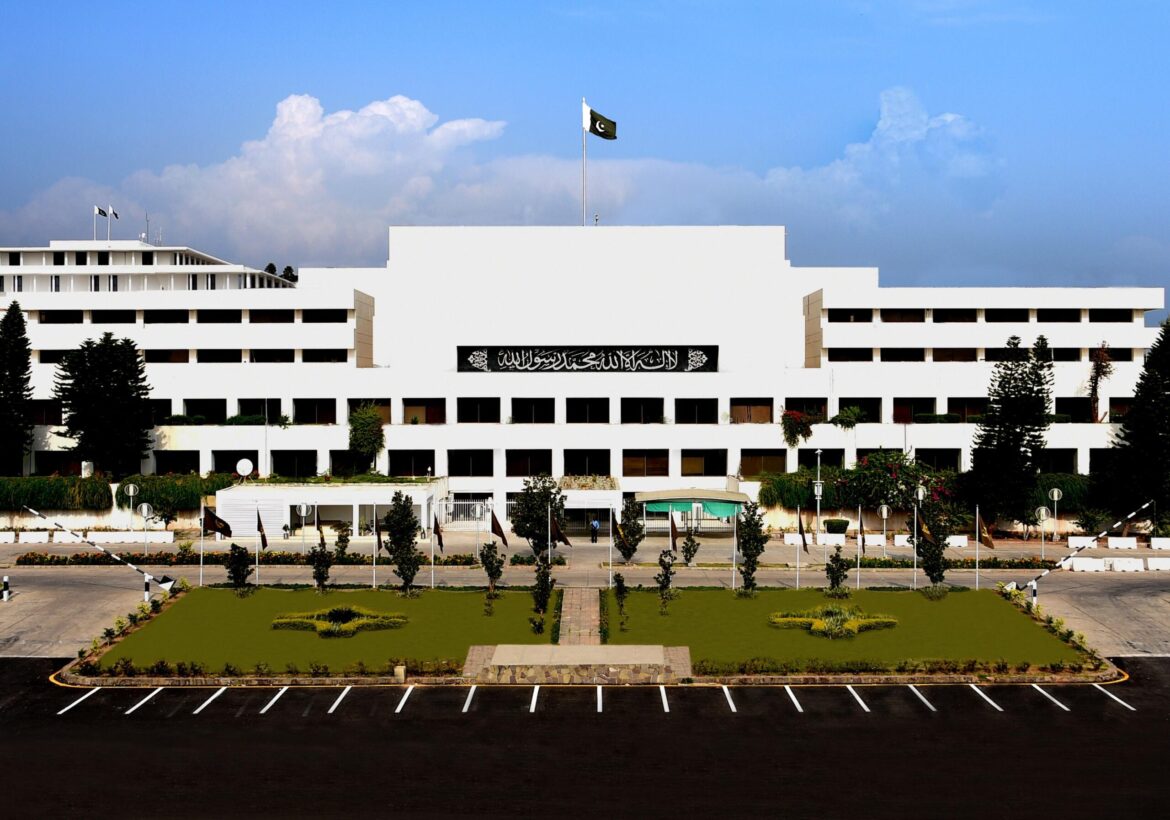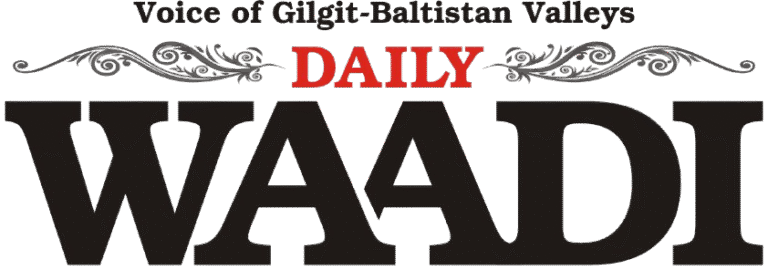By GHULAM ABBAS
ISLAMABAD: Despite prior objections from the federal government’s right-sizing committee, which had expressed concerns over the Ministry of Science and Technology’s (MoST) capacity to manage its current organizations, the Ministry is pressing ahead with the creation of a new Cosmetics Authority. This unexpected development, recently celebrated within the Ministry, raises concerns about redundancy and inefficiency.
The Government of Pakistan’s broader effort to streamline its operations could be undermined by this move, which appears to duplicate the mandate of the Pakistan Standards and Quality Control Authority (PSQCA). PSQCA already oversees standards and quality control across various sectors, including cosmetics. Industry stakeholders worry that this additional authority will create trade barriers, increase the potential for corruption, and confuse the business community.
By duplicating responsibilities already managed by PSQCA, the new authority risks creating overlapping roles, adding complexity to the regulatory landscape, and increasing operational confusion for businesses. This redundancy is expected to drive up compliance costs, extend approval times, and potentially impact competitiveness. Moreover, the establishment of a separate authority introduces new opportunities for corruption, including bribery, favoritism, delays, and red tape, while reducing transparency and accountability.
In addition, this decision appears to conflict with Pakistan’s obligations under the World Trade Organization’s (WTO) Technical Barriers to Trade (TBT) Agreement, which emphasizes transparency in regulatory processes, the elimination of redundant standards, and streamlined assessment procedures. The new authority will also impose extra financial burdens on the government by requiring additional infrastructure, personnel, and support for an overlapping bureaucracy.
To address these concerns, the Government of Pakistan is urged to conduct a thorough review of the current regulatory framework, clarify the roles among existing authorities, enhance coordination across ministries, and ensure compliance with WTO agreements. Such actions would foster a more efficient, trade-friendly environment, reduce financial strain, and promote a transparent, corruption-free regulatory system.
The business community and stakeholders are encouraged to voice their concerns and advocate for a streamlined, effective regulatory approach, urging the government to reconsider this decision in favor of a WTO-aligned, simplified framework free from duplication and corruption.


